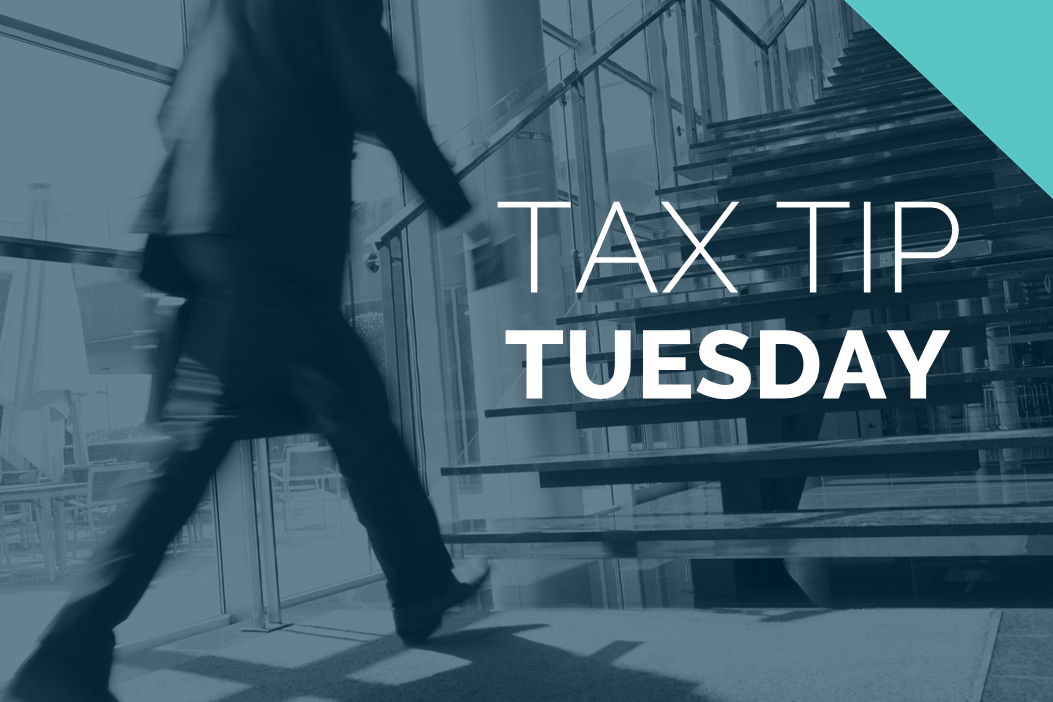Effective May 21, 2023, P&N has joined EisnerAmper. Read the full announcement here.

Most businesses have the potential to generate unclaimed property and are responsible for the obligations that come with it. Business owners should make a habit of reviewing their financials for unclaimed property liabilities as these can have expensive consequences if not handled correctly.
What is unclaimed property?
Unclaimed property refers to any financial asset, tangible or intangible, which has been abandoned or unclaimed by the rightful owner for a specific period of time. This can include checking and savings accounts, unpaid wages, securities, life insurance payouts, uncashed checks, and much more. Unclaimed property does not include vehicles or real estate. The period of time after which a financial asset becomes unclaimed property can vary between states and the type of property. Once an asset becomes unclaimed property, it must be transferred to the state’s treasury within a timeframe set by the state. The state will then maintain custody of the property until the rightful owner comes forward to claim.
What responsibility does your business hold?
The most common unclaimed property seen in businesses are checks that have not cleared. The business must perform reasonable outreach once an unpaid check is identified. This outreach can include reviewing the checks for mistakes, contacting the employee at their last known residence, and contacting the vendor. If an employee cannot be contacted after performing this outreach, the money must be reported to the state treasury within the time limitation. In Louisiana, the limitation for reporting unpaid checks is five years.
Why is this important for your business?
The state of Louisiana has a division specialized in auditing for unclaimed property. In the last few years, states have increased the number of unclaimed property audits conducted. In periods of economic downturn, states see unclaimed property as a sustainable nontax revenue source. The unclaimed property amounts may appear small, but overlooking them can become expensive in the long run. If your business fails to report unclaimed property within the time limitation, it will incur a $200 penalty for each day the unclaimed property is not reported to the treasury, assessed to a maximum of $5,000.
If your business lacks a process for identifying and reporting unclaimed property, or if you have questions about how unclaimed property may affect your organization, please contact us or connect with your P&N advisor.


